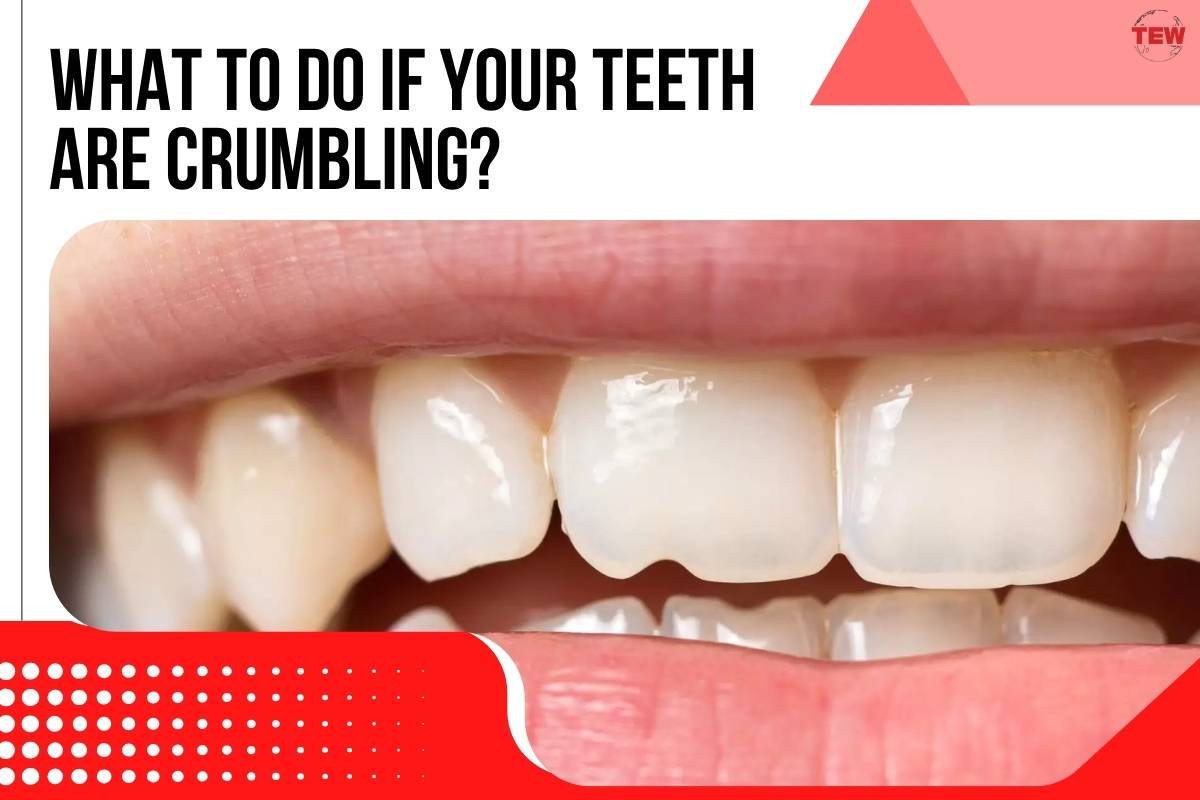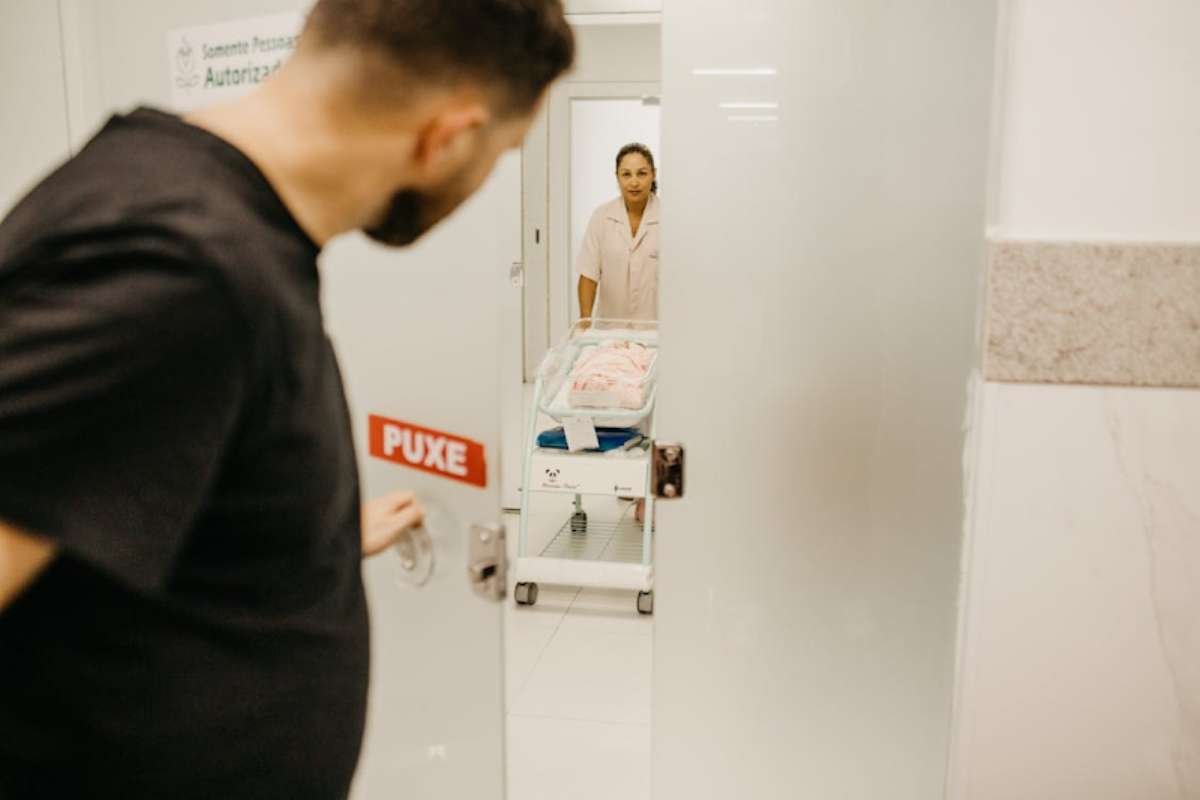If your teeth are crumbling or if a piece of a tooth suddenly breaks off, it’s essential to visit a dentist promptly. Doing so increases the likelihood of fully restoring the damaged tooth without resorting to radical methods.
Here are if your teeth are crumbling:
Reasons Why Teeth Can Crumble
There are various reasons why teeth break, and only a dentist can accurately determine them. Here are some common causes of tooth decay:
- injury by hard foods – if you peel pistachios with your teeth or accidentally bite into hard popcorn, it can lead to a tooth fracture and its further destruction;
- caries – a pathological process that slowly and initially imperceptibly destroys tooth enamel, which eventually causes the tooth to crumble or break;
- consumption of sour and sweet foods – the abuse of such products negatively affects the condition of tooth enamel, which gradually becomes thinner, less durable and unable to fully protect teeth;
- bruxism – teeth grinding is harmful to dental health, as it leads to the destruction of enamel and causes tooth fragility;
- insufficient oral hygiene – neglecting regular brushing, refusing to use dental floss and mouthwash can lead to caries and, consequently, to brittle teeth;
- old age – with age, calcium reserves in the body are depleted, which can cause teeth, which are almost 95% composed of this mineral, to begin to crumble.
In addition, teeth are crumbling as a result of an accidental sports or household injury or accident.
What symptoms precede tooth decay?

Caries is one of the most common causes of tooth decay. The main problem is that in the initial stages, caries develops almost imperceptibly. when certain symptoms appear, it can already damage the tooth quite severely. That is why it is important to undergo preventive examinations at the dentist twice a year.
Here are the symptoms that can precede tooth decay:
- the shape of the tooth changes – defects, cracks or chips appear on the enamel;
- the enamel softens, becomes rough, yellow or brown spots may be visible
- increased tooth sensitivity, pain when chewing food, under the influence of hot or cold drinks, sweet or sour food, etc.
In case of such symptoms, you should immediately consult a doctor. A timely visit to the dentist will minimize the consequences.
What to do if a tooth is broken?

First of all, you should make an appointment at the dental office Queens, where doctors have extensive experience in fixing such problems. If a tooth is broken off, you cannot do without a doctor’s intervention, because you cannot cope with it on your own. The dentist will conduct an examination, assess the severity of the situation, and explain all the stages of treatment and restoration of the damaged tooth.
Treatment of injured teeth at the VIP Dental Care Clinic is carried out using advanced technologies and international standards. The priority is always to preserve and restore the broken tooth, not to remove it.
Professional dentists at VIP Dental Care Clinic perform all types of treatment and restoration of the dentition. If the tooth cannot be restored, the patient will be offered the installation of veneers, pins, or prosthetics with artificial crowns. If the tooth is completely destroyed, the doctor will recommend considering bone augmentation and implantation.
The doctor’s task is not only to restore the aesthetic appeal and functionality of the dentition but also to eliminate the cause of the decayed tooth or teeth. This will help minimize the risk of such problems in the future.
Preventive measures to prevent tooth decay

If you have previously experienced tooth decay and have undergone appropriate treatment at the dental clinic, it is essential to take preventive measures to avoid the problem from recurring. To do this, you should:
- Brush your teeth twice a day and use dental floss regularly.
- Visit the dentist twice a year for professional cleanings and check-ups.
- Limit the consumption of sweets and other unhealthy foods.
- Include calcium-rich foods in your diet.
- Avoid injuring your teeth by biting hard objects like seeds or nuts.
- Consult a dentist if you have bruxism to discuss treatment options such as a mouth guard or medication.
If your teeth are crumbling, it’s crucial not to delay addressing this issue, as the consequences can be serious. While initial treatment is typically straightforward and affordable, significant decay or complete tooth loss may require multiple dental visits, and implantation is a costly procedure.


















